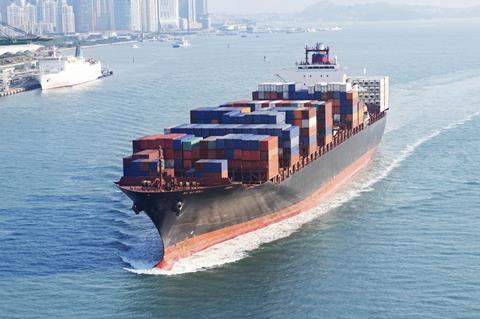
UK food and drink exports slumped by nearly 10% in 2020 as the impact of the coronavirus pandemic and Brexit took its toll, a new report has revealed.
The latest figures from the FDF and Santander UK, published today, show the massive impact of the travel sector closures and overseas hospitality shutdowns on exports.
Most of the top 10 food and drink products exported by the UK were negatively affected by Covid-19 and restrictions of movement.
However, while throughout the last year UK food and drink exports were down by 9.7% compared with 2019, there were signs of a bounce back. Easing of pandemic restrictions and businesses stockpiling products in the EU before the end of the transition period meant exports fell by just 1.7% in Q4 2020.
Yet the FDF warned it expected the partial recovery to be temporary, with early data for January suggesting a further reduction in the value of exports to EU markets.
Across 2020, exports to EU and non-EU markets fell by 8.0% and 12.1% respectively, including a decline in volume of the UK’s top three products: whisky (–13.7%), chocolate (–2.3%) and cheese (–7.5%).
Among the exceptions were pork sales, which increased in volume by 6.2% in 2020, with a total value of £629.7m.
Sales of breakfast cereals also increased in volume by 12.6% with the top market being the Republic of Ireland.
The report said it was vital for UK food and drink exporters to capitalise on growth opportunities both in the EU and further afield.
Potential growth markets include the US, Canada, Australia and New Zealand, it said.
“The FDF continues to work in close partnership with the government and other industry bodies to ensure our sector has the support that is needed to fulfil our untapped export potential,” said CEO Ian Wright.
He urged the government to act on calls for the establishing of a Food and Drink Export Council to drive UK-wide collaboration on exports.
“These initiatives are vital to help create new jobs and drive the quick return to growth that is essential to strengthen resilience across our industry,” said Wright.
“As the UK’s largest manufacturing sector, food and drink makes a unique economic and cultural contribution in every region of the UK. Now we look forward to the government demonstrating its commitment to working in partnership with us to accelerate growth in our sector.”
Andrew Williams, head of food and drink at Santander corporate and commercial banking, said: “While the food and drink industry didn’t escape the effects of the pandemic and Brexit last year, it certainly didn’t let them beat it.
“There is much scope for growth in 2021 and we are proud to support food and drink businesses throughout the UK in making the most of opportunities to expand at home and to export overseas, both to the EU and beyond.”
The figures follow a report earlier this month from HMRC suggesting food exports to the EU partially recovered in February after a dramatic fall in January following Brexit.







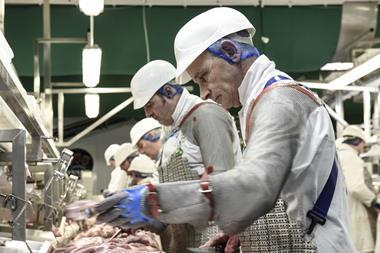
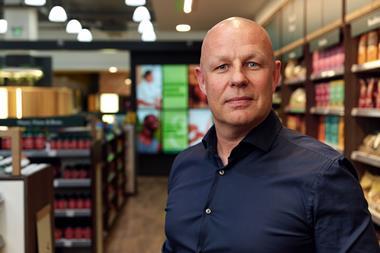





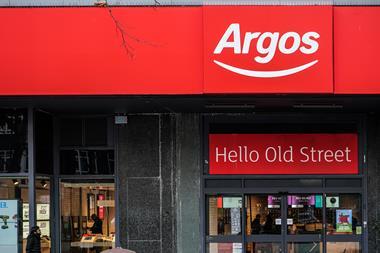
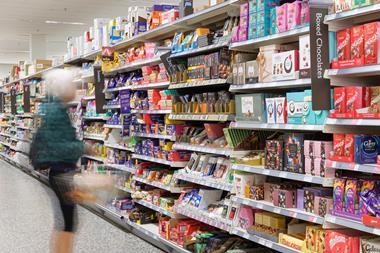



No comments yet